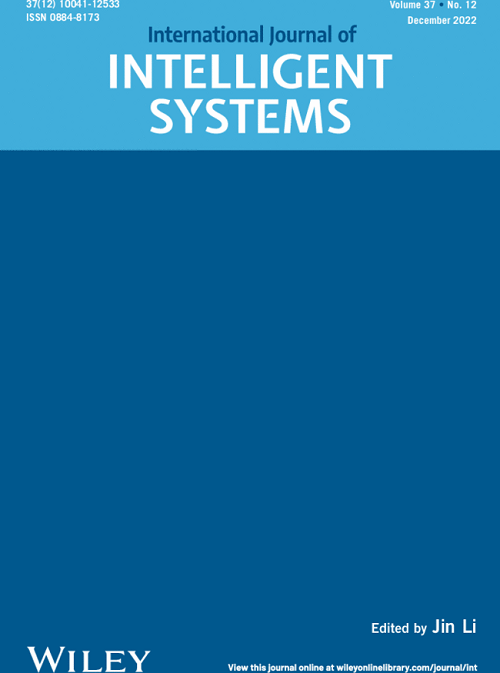Beyond the Repertory Grid: New Approaches to Constructivist Knowledge Acquisition Tool Development
IF 3.7
2区 计算机科学
Q1 COMPUTER SCIENCE, ARTIFICIAL INTELLIGENCE
International Journal of Intelligent Systems
Pub Date : 2025-07-03
DOI:10.1002/j.1098-111x.1993.tb00007.x
引用次数: 0
Abstract
超越资料库网格:建构主义知识获取工具开发的新方法
个人构念理论既为知识获取提供了合理的理论基础,又为建模提供了实用的方法。然而,这一理论中隐藏的思想只有一小部分得到了挖掘。最近,几位研究人员重新审视了这一理论,以发现新的方法,使其能够阐明知识获取的基础和实践。这些努力导致了新一代建构主义知识获取系统的发展:DDUCKS、ICONKAT和KSSn/KRS。这些工具以各种方式扩展了存储网格技术,并将它们与来自互补视角的想法集成在一起。对个人构形理论、同化理论、逻辑学、语义网络和决策分析之间关系的新理解形成了这些系统的基础。理论的进步促进了系统架构、知识表示的图形形式、分析和归纳技术以及知识获取工具的群体使用方面的实践发展。
本文章由计算机程序翻译,如有差异,请以英文原文为准。
求助全文
约1分钟内获得全文
求助全文
来源期刊

International Journal of Intelligent Systems
工程技术-计算机:人工智能
CiteScore
11.30
自引率
14.30%
发文量
304
审稿时长
9 months
期刊介绍:
The International Journal of Intelligent Systems serves as a forum for individuals interested in tapping into the vast theories based on intelligent systems construction. With its peer-reviewed format, the journal explores several fascinating editorials written by today''s experts in the field. Because new developments are being introduced each day, there''s much to be learned — examination, analysis creation, information retrieval, man–computer interactions, and more. The International Journal of Intelligent Systems uses charts and illustrations to demonstrate these ground-breaking issues, and encourages readers to share their thoughts and experiences.
 求助内容:
求助内容: 应助结果提醒方式:
应助结果提醒方式:


